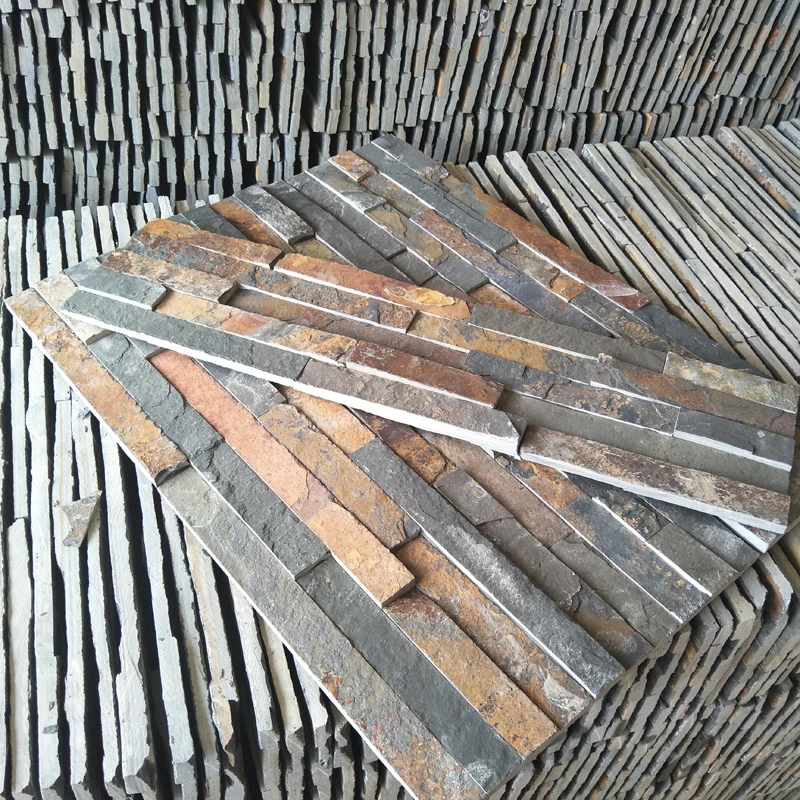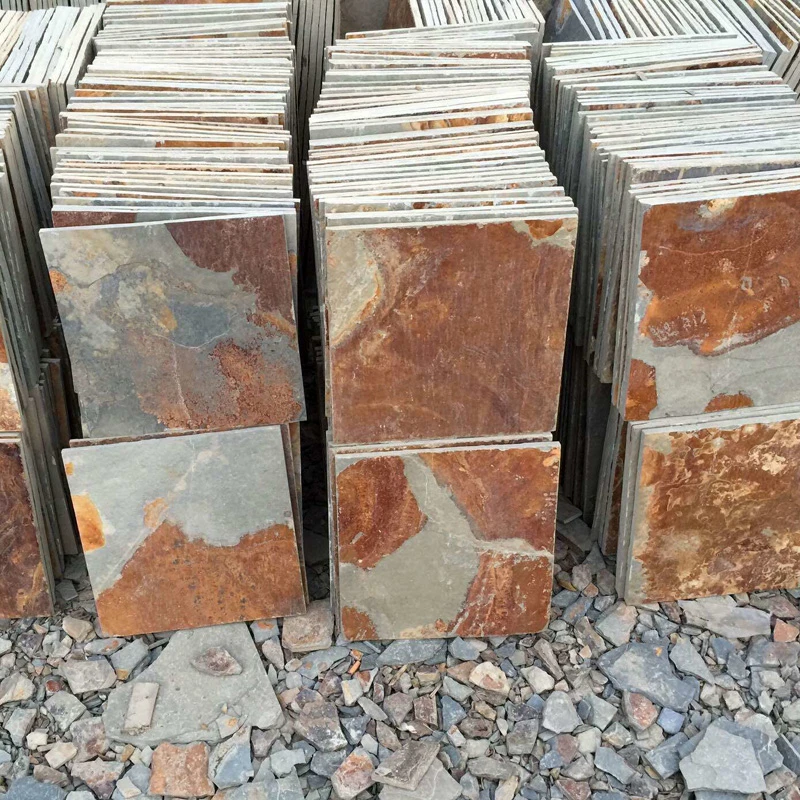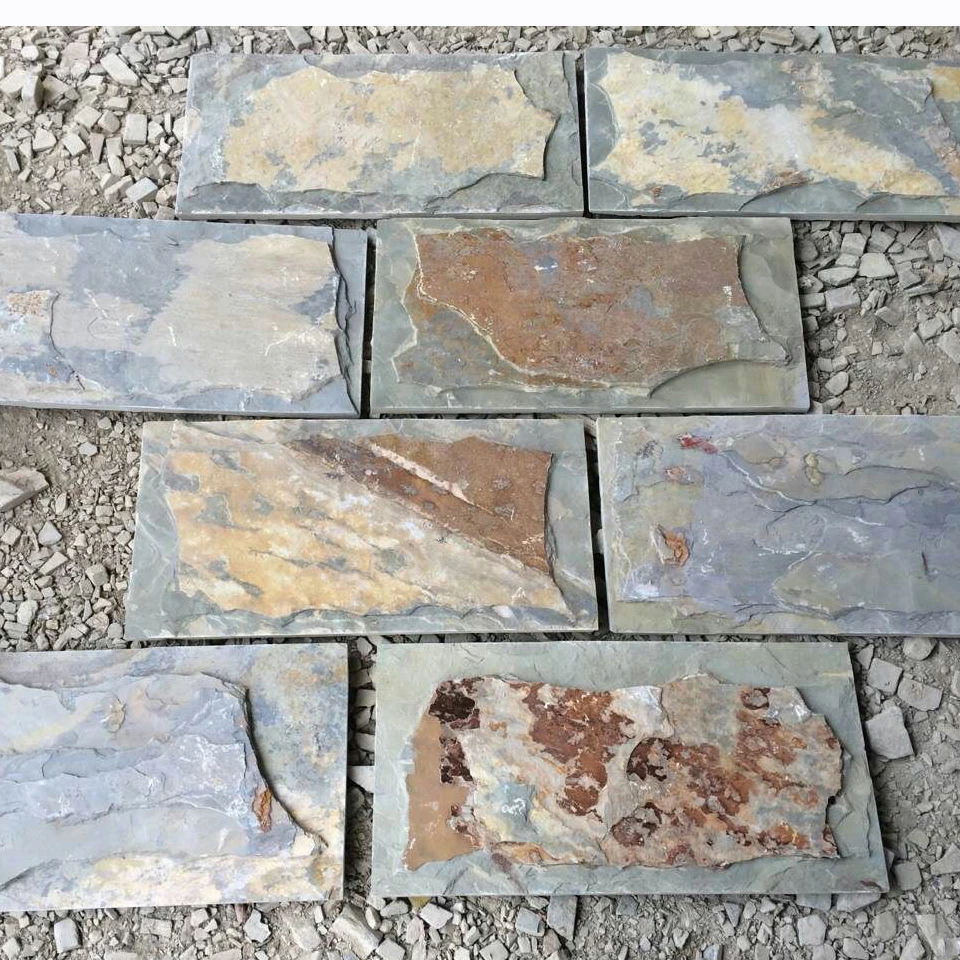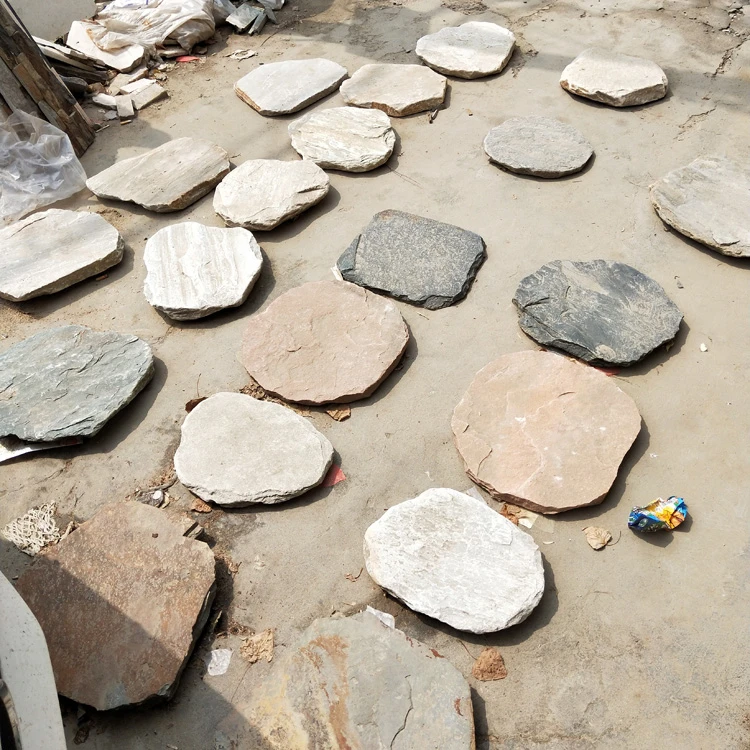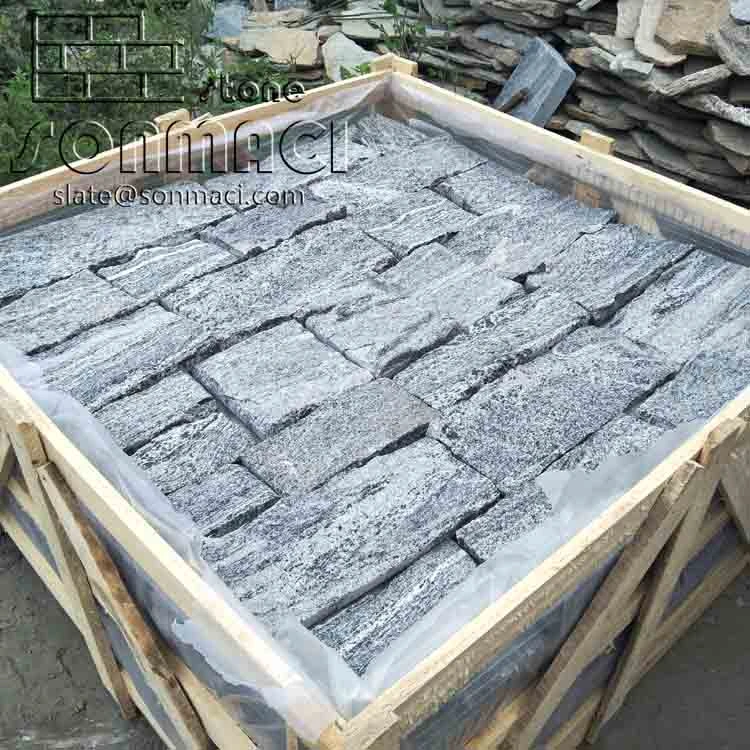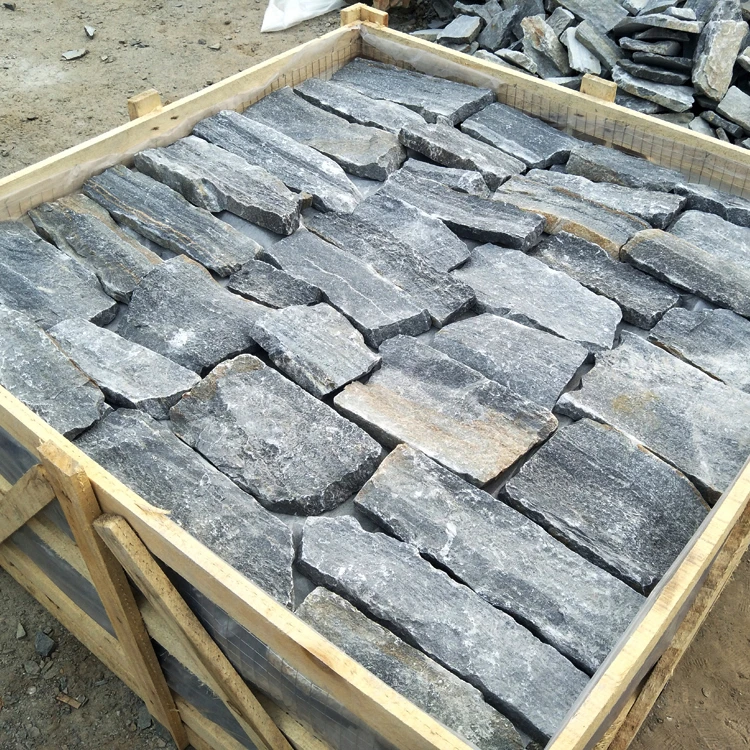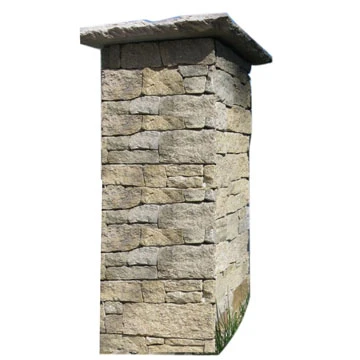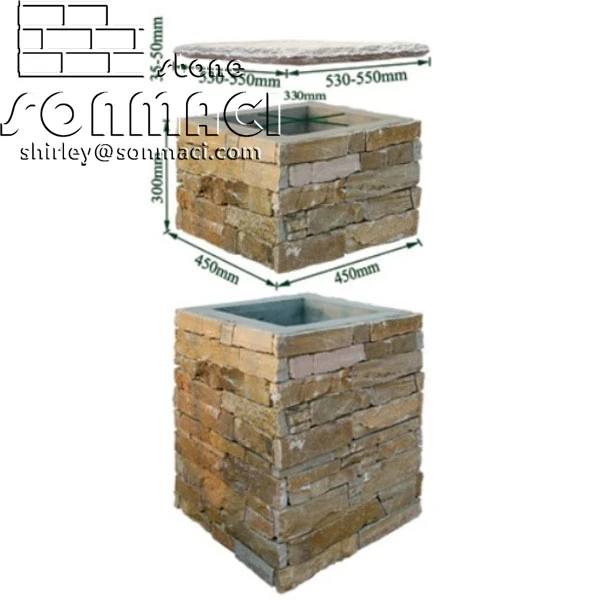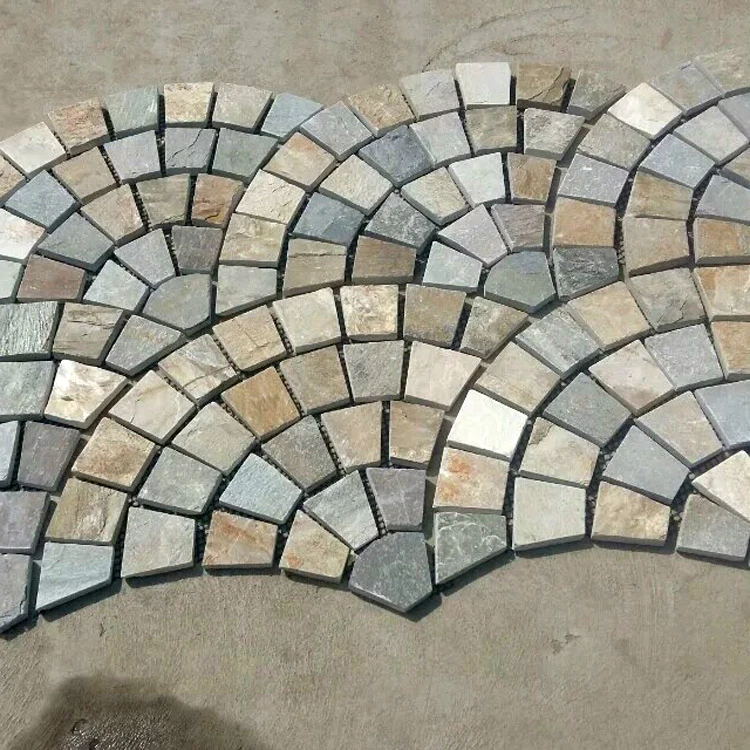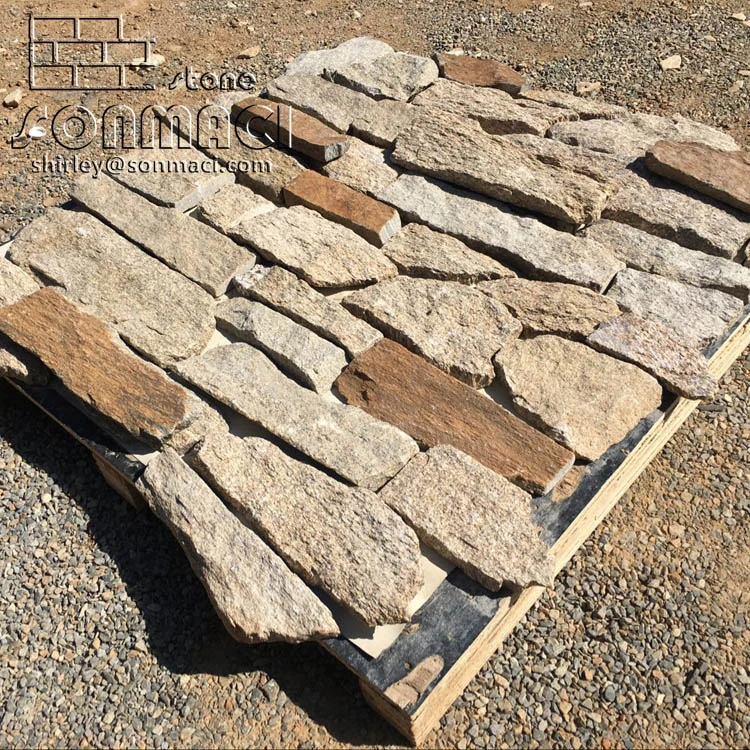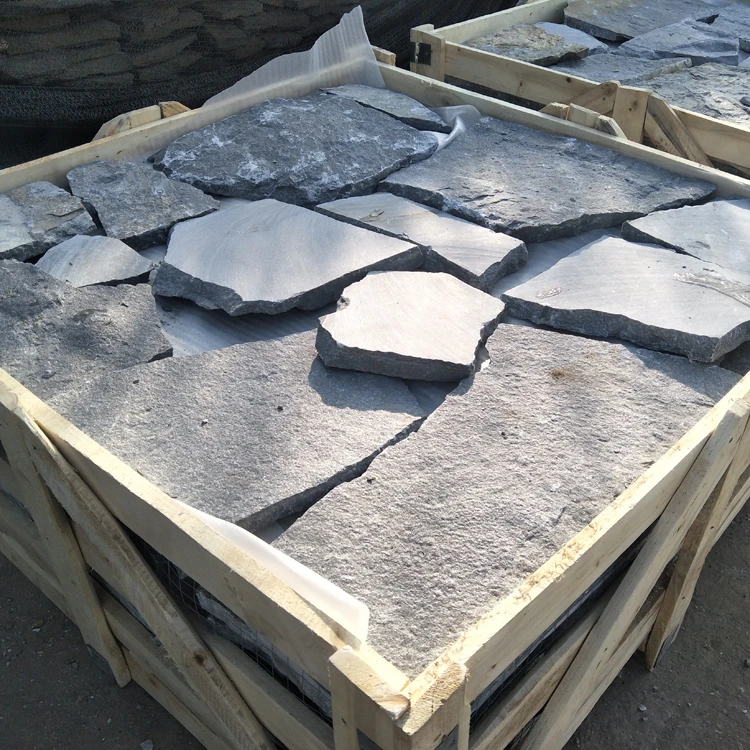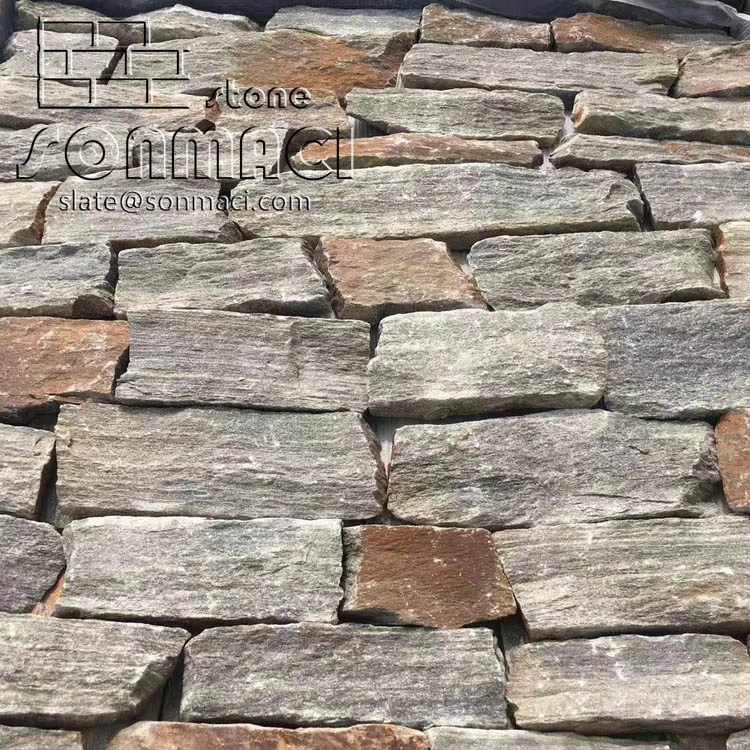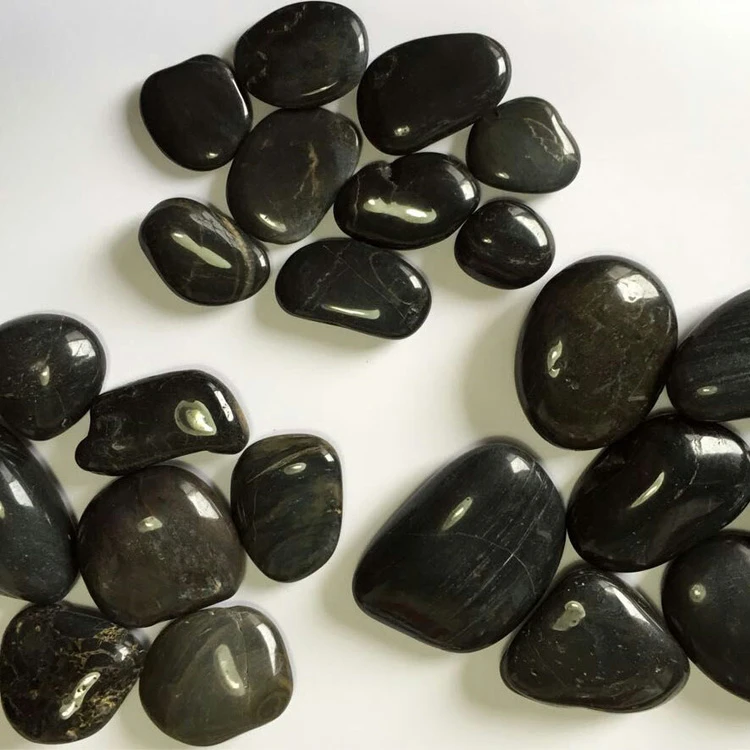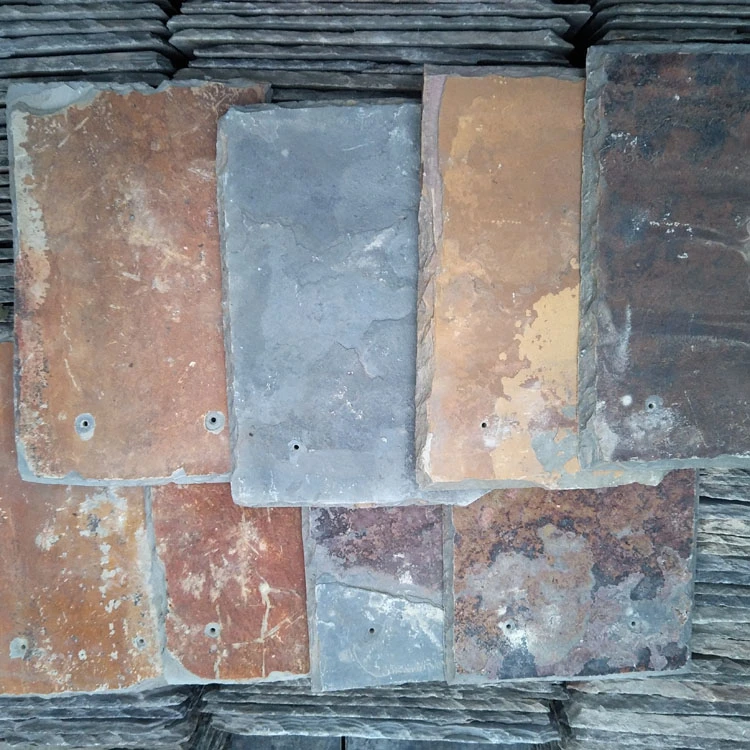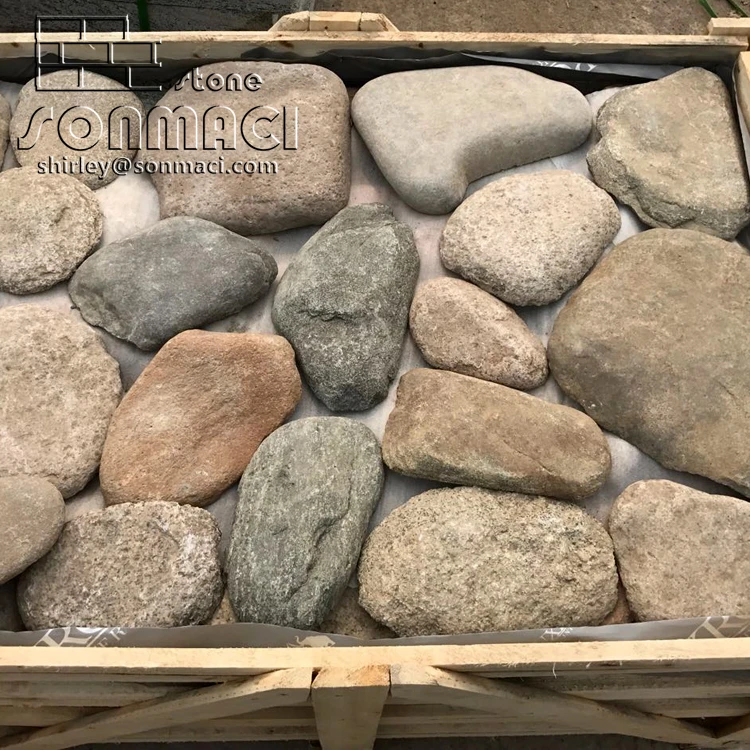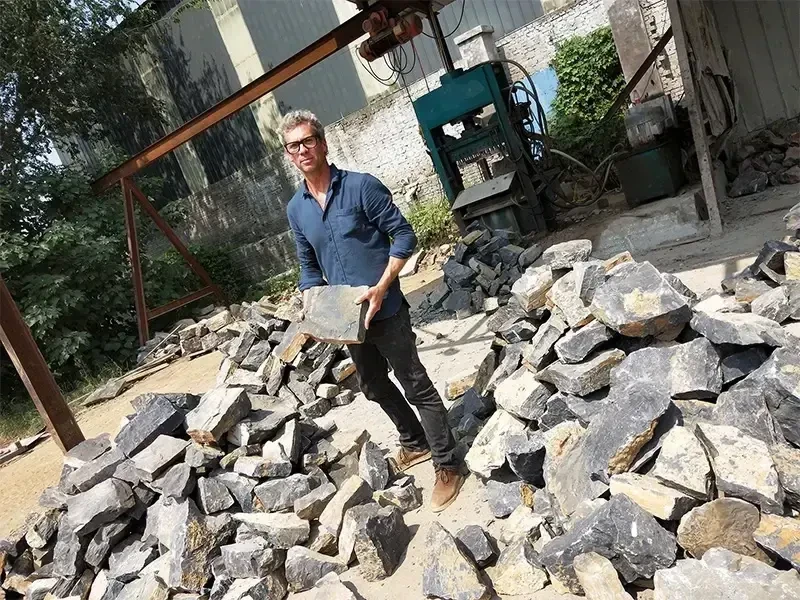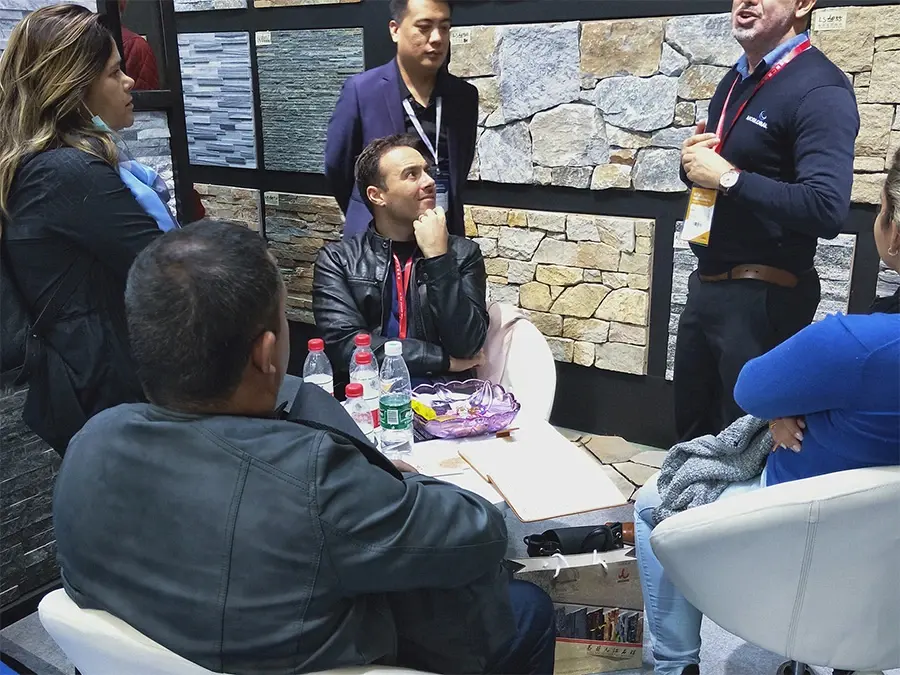Irregular Stone Wall Cladding: Natural Look & Lasting Beauty
Unveiling the Innovation in Architectural Design: Irregular Stone Wall Cladding
The landscape of modern architectural design is continuously evolving, driven by a demand for both aesthetic distinction and superior performance. In this dynamic environment, irregular stone wall cladding has emerged as a cornerstone solution, offering unparalleled visual appeal and robust structural integrity. This innovative material, often referred to as irregular stone cladding or irregular stone veneer, represents a significant departure from traditional rectilinear patterns, embracing the organic beauty and inherent strength of natural stone formations. Its increasing adoption across commercial, residential, and public infrastructure projects underscores a broader industry trend towards sustainable, durable, and visually captivating exterior finishes. Architects and developers are increasingly specifying these materials to create facades that are not only striking and unique but also capable of withstanding diverse environmental challenges, contributing to energy efficiency and long-term asset value. The inherent variability in shape and texture of irregular stone elements allows for bespoke design interpretations, ensuring that each installation is a singular work of art, reflective of both natural aesthetics and cutting-edge construction methodologies. This strategic shift is fundamentally reshaping how exteriors are conceived and executed, placing emphasis on both enduring beauty and practical functionality.
The market for exterior building materials is currently witnessing a robust growth trajectory, propelled by global urbanization, a heightened focus on energy-efficient building solutions, and a renewed appreciation for natural, authentic aesthetics. Within this context, demand for irregular stone wall cladding is projected to expand significantly, with market analysts forecasting a compound annual growth rate (CAGR) of 6.8% for natural stone cladding solutions from 2023 to 2028, reaching an estimated market value of over $35 billion by the end of the forecast period. This growth is underpinned by technological advancements in stone processing and installation techniques, making these premium materials more accessible and efficient for large-scale projects. Furthermore, stringent environmental regulations and a growing consumer preference for sustainable building practices are driving the adoption of natural, low-impact materials like stone. The unique textural and chromatic variations inherent in irregular stone translate into facades that are not only visually captivating but also provide superior thermal mass, contributing to reduced heating and cooling loads and a smaller carbon footprint for the structure. Companies like Sonmaci Stone, with their flagship "Irregular Shape External Stone Wall Cladding" product, are at the forefront of this trend, delivering solutions that combine artisanal craftsmanship with industrial-scale production capabilities, meeting the rigorous demands of modern B2B clientele who seek both aesthetic excellence and certified performance.
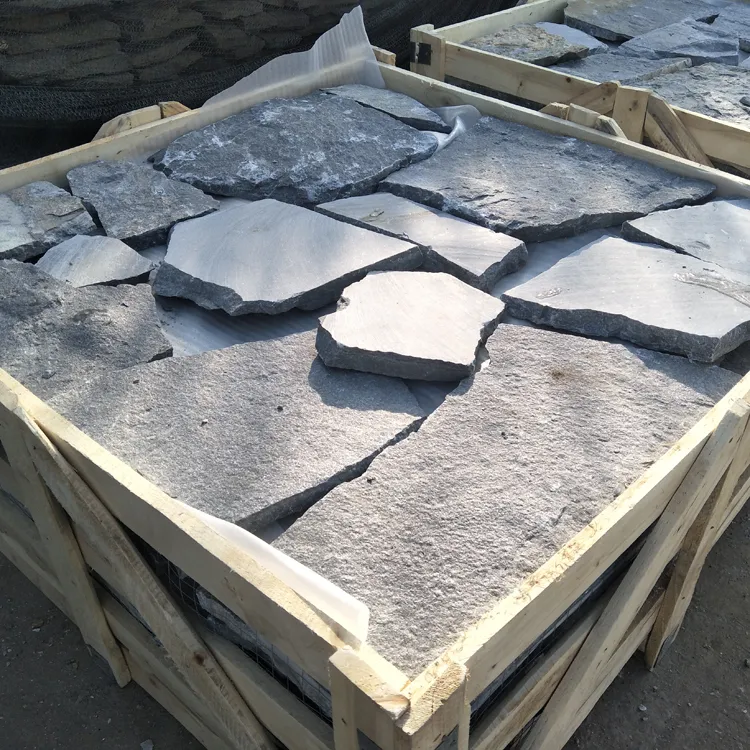
The Precision Behind the Irregular: Manufacturing Process of Stone Cladding
The production of high-quality irregular stone cladding involves a sophisticated multi-stage manufacturing process, meticulously designed to transform raw geological formations into durable and aesthetically pleasing architectural elements. This journey begins with the careful selection of premium natural stone blocks, typically sourced from quarries renowned for their consistent quality and desired geological characteristics, such as granite, slate, quartz, or limestone, each offering distinct color palettes and inherent strengths. Once extracted, these massive blocks undergo initial sizing using robust diamond-wire cutting machines. The core of creating irregular shapes then involves precision CNC processing or specialized hydro-jet cutting techniques, which allow for intricate and non-uniform profiling while minimizing material waste. Unlike conventional stone cutting, this stage emphasizes preserving the organic contours and natural fracture lines of the stone, giving each piece its unique irregular form. Subsequent stages involve surface finishing – which can range from natural cleft and split-face to honed or polished textures, depending on the desired aesthetic and anti-slip properties – followed by rigorous quality control. Each batch is subjected to comprehensive testing protocols, including ASTM C97 for absorption and bulk specific gravity, ASTM C170 for compressive strength, and ASTM C880 for flexural strength, ensuring compliance with international standards such as ISO 9001:2015 for quality management and ANSI A137.1 for product performance.
Beyond the initial shaping and finishing, the manufacturing process for irregular stone veneer continues with advanced bonding or backing techniques, especially for lightweight panelized systems, which integrate the irregular stone pieces onto a durable substrate like fiber cement board or stainless steel mesh. This not only facilitates easier installation but also enhances the overall structural integrity and thermal performance of the cladding system. The lifespan of meticulously manufactured irregular stone wall cladding is exceptional, often exceeding 50 years with minimal maintenance, thanks to the inherent durability of natural stone and the advanced processing techniques that enhance its resistance to weathering, UV degradation, and freeze-thaw cycles. This longevity makes it a highly sustainable choice, reducing the need for frequent replacement and contributing to a lower lifecycle cost for buildings. Its robust nature makes it exceptionally suitable for demanding environments within various sectors including petrochemical facilities, where resistance to chemical exposure and temperature fluctuations is paramount; metallurgical plants, requiring materials capable of withstanding harsh industrial conditions; and modern water and drainage infrastructure, where long-term impermeability and structural stability are critical. In these typical application scenarios, the cladding’s natural thermal mass properties contribute to enhanced energy efficiency, reducing operational heating and cooling demands, while its intrinsic anti-corrosion properties significantly extend the structural life of the underlying building envelopes.
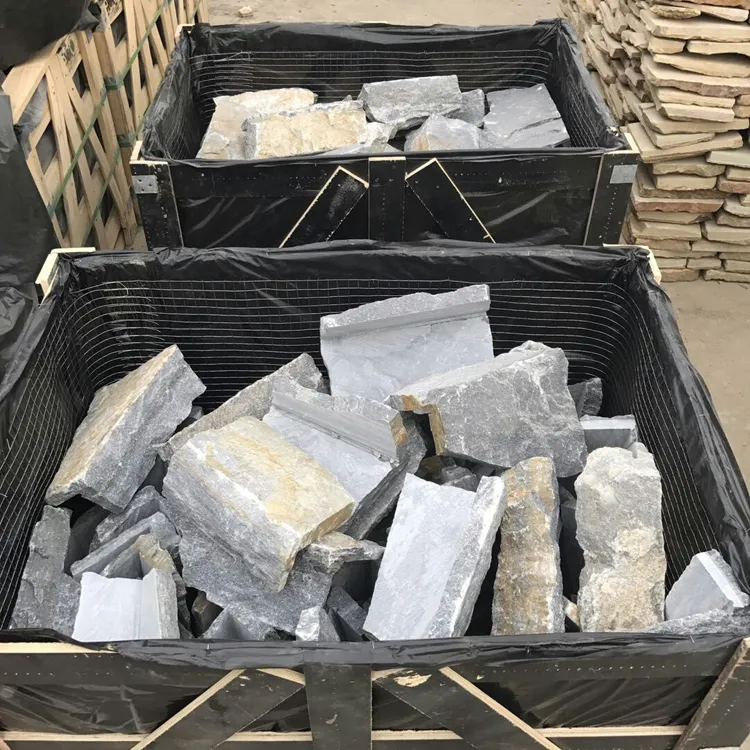
Technical Specifications & Performance Benchmarks for Irregular Stone Wall Cladding
Understanding the technical specifications and performance benchmarks is crucial for B2B decision-makers evaluating irregular stone wall cladding for their projects. The efficacy of these materials is quantified through a series of rigorous tests that assess their physical, mechanical, and environmental resistances. Key parameters include compressive strength, which typically ranges from 80 MPa to 200 MPa, indicating the material's ability to withstand axial loads; flexural strength, usually between 8 MPa and 30 MPa, demonstrating resistance to bending; and water absorption, ideally below 1% for natural stone, ensuring minimal moisture ingress and freeze-thaw damage. Thermal conductivity values, ranging from 1.5 to 3.0 W/(m·K), highlight the material's insulating properties, contributing to building energy efficiency. Furthermore, advanced cladding systems often achieve superior fire ratings, typically Class A non-combustible material according to ASTM E84 standards, providing enhanced safety. These metrics are critical for ensuring compliance with building codes and delivering long-term performance in diverse climatic conditions, from extreme heat to sub-zero temperatures. Manufacturers also provide data on abrasion resistance, crucial for high-traffic or impact-prone areas, and UV stability, guaranteeing color retention and structural integrity over decades of sun exposure.
To provide a clearer comparative overview, the following table summarizes typical technical specifications for high-quality irregular stone wall cladding, reflecting the standards upheld by leading manufacturers in the industry. These values are derived from independent laboratory testing and adherence to international material standards, ensuring reliability and consistency across large-scale architectural deployments. For instance, the superior compressive strength ensures the cladding can bear significant structural loads without compromising integrity, making it suitable for high-rise applications, while its low water absorption rate is critical for preventing frost damage in cold climates and inhibiting mold growth in humid environments. The typical effective R-value of a complete stone cladding system, including an air gap and insulation, can range from R-4 to R-12 per inch, significantly contributing to the building’s thermal envelope performance. This data not only informs material selection but also allows architects and engineers to accurately predict the long-term behavior and cost-effectiveness of the cladding system. The commitment to providing detailed, verifiable data underscores a manufacturer’s dedication to transparency and quality, fostering trust with professional clients who prioritize performance and longevity in their investments.
| Parameter | Typical Value Range | Test Standard |
|---|---|---|
| Compressive Strength | 80 - 200 MPa | ASTM C170 |
| Flexural Strength | 8 - 30 MPa | ASTM C880 |
| Water Absorption | < 1.0% | ASTM C97 |
| Density | 2500 - 3000 kg/m³ | ASTM C97 |
| Freeze-Thaw Durability | > 100 Cycles (No Degradation) | ASTM C666 |
| Fire Rating | Class A (Non-combustible) | ASTM E84 |
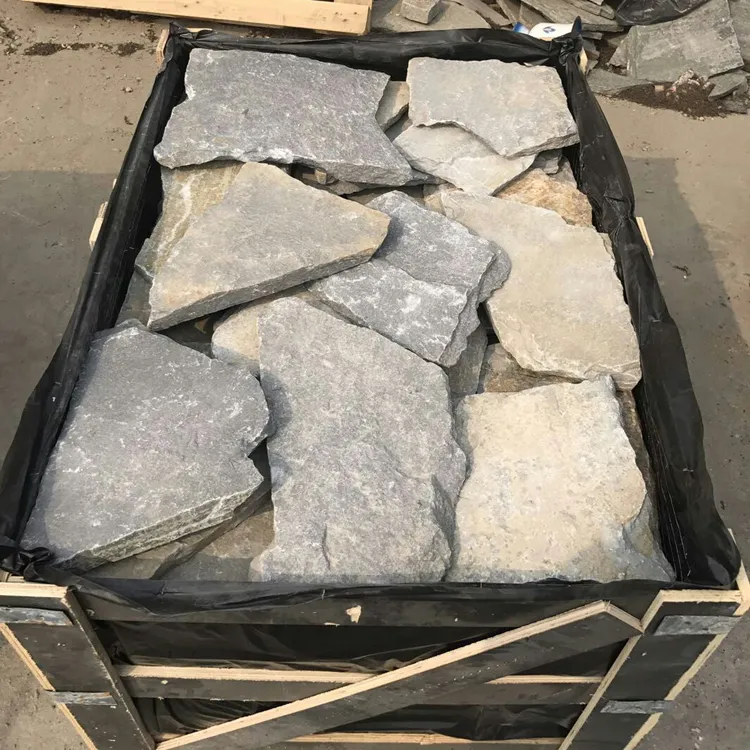
Versatile Application Scenarios & Real-World Impact
The inherent adaptability and aesthetic versatility of irregular stone wall cladding make it an ideal choice across a myriad of application scenarios, extending far beyond conventional residential uses. In the commercial sector, it's frequently specified for high-profile corporate headquarters, luxury retail establishments, and hospitality venues, where its distinctive texture and natural appeal contribute to a premium brand image and a memorable visitor experience. For example, a recent project involving a multi-story office complex in a seismic zone utilized lightweight irregular stone veneer panels, not only for their aesthetic qualities but also for their superior seismic performance ratings, maintaining structural integrity during simulated earthquake events. In public infrastructure, such as university campuses, cultural centers, and municipal buildings, the material's durability and low maintenance requirements translate into long-term cost savings and enhanced public realm aesthetics. Its robust nature is particularly beneficial in areas exposed to heavy pedestrian traffic or challenging environmental conditions. Furthermore, in specialized industrial contexts like the petrochemical or energy sectors, irregular stone cladding can be integrated into non-load-bearing partitions or façade elements in administrative buildings, offering enhanced fire resistance and insulation against external noise, contributing to a safer and more comfortable working environment for personnel while adhering to strict industry safety standards.
Beyond its structural and aesthetic benefits, the application of irregular stone wall cladding also addresses critical environmental and operational challenges in specific industrial contexts. In water and drainage treatment facilities, where corrosive elements and high humidity are prevalent, the natural resistance of certain stone types, like granite or basalt, to chemical degradation makes it an exceptional choice for exterior and select interior applications, ensuring longevity without compromising material integrity. Similarly, in large-scale metallurgical plants or processing facilities, where structures are exposed to extreme temperatures, vibration, and particulate matter, the inherent density and thermal stability of stone cladding provide a protective barrier, contributing to the energy efficiency of the internal climate control systems and protecting the underlying building materials from rapid degradation. Our client feedback consistently highlights the material's long-term performance and minimal maintenance needs as significant factors in their satisfaction. For instance, a major client in the renewable energy sector reported a 15% reduction in their annual exterior maintenance budget after transitioning to Sonmaci Stone's Irregular Shape External Stone Wall Cladding for their new research facility, citing the material's excellent resistance to industrial pollutants and harsh weather cycles. This practical application experience, coupled with verifiable performance data, reinforces the compelling value proposition of utilizing advanced stone cladding solutions in complex industrial and commercial projects.
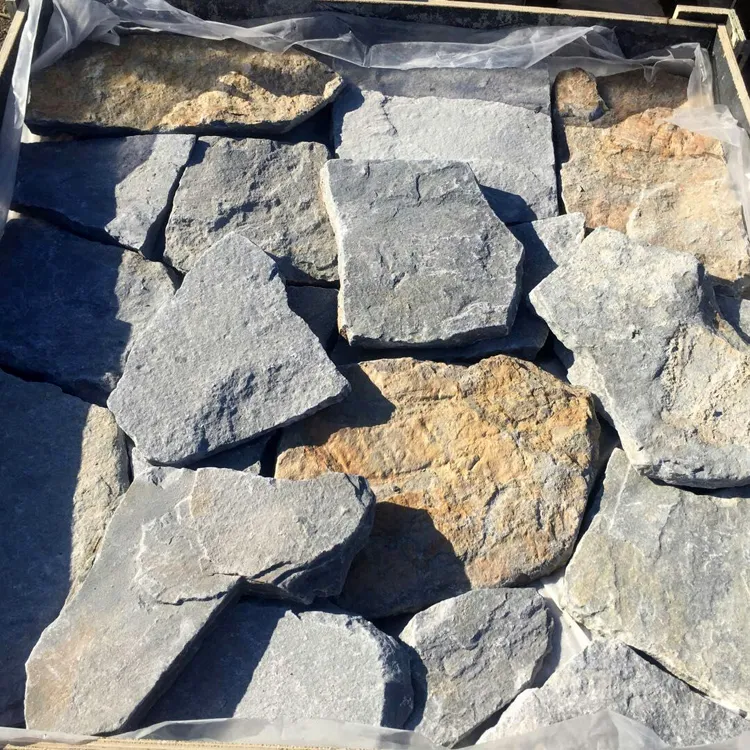
Strategic Advantages & Bespoke Solutions from Leading Manufacturers
Choosing the right manufacturer for irregular stone wall cladding is paramount for ensuring project success, long-term performance, and adherence to design specifications. Leading manufacturers distinguish themselves through a combination of superior material quality, advanced manufacturing capabilities, and a deep understanding of architectural demands. Companies like Sonmaci Stone exemplify this commitment by providing materials that not only meet but often exceed international standards such as ISO 9001 for quality management and ISO 14001 for environmental management. Our long-standing partnerships with certified quarries worldwide ensure a consistent supply of premium natural stone, and our in-house engineering and design teams leverage state-of-the-art CNC machining and finishing technologies to produce the highest quality irregular stone cladding. We specialize in providing comprehensive technical support, from initial design consultation and material selection to detailed shop drawings and installation guidance. This holistic approach minimizes project risks, ensures seamless integration, and ultimately delivers a product that stands the test of time, reflecting our two decades of dedicated service in the stone industry. Our certifications from independent third-party laboratories validate the performance data of our products, offering an authoritative assurance of quality that B2B clients rely on for critical infrastructure and high-value commercial projects.
A key differentiating factor for top-tier providers of irregular stone veneer is their capacity for customized solutions. Recognizing that every architectural project possesses unique aesthetic and functional requirements, a truly specialized manufacturer offers extensive customization options, including specific stone types, unique piece dimensions, varying thickness profiles, and tailored surface finishes to achieve precise design visions. This extends to developing bespoke panelized systems for rapid installation on large facades or integrating specific attachment hardware solutions designed for challenging structural conditions. Our dedicated design team works collaboratively with architects and contractors, utilizing advanced 3D modeling and prototyping to visualize the final outcome and ensure perfect alignment with design intent before production commences. This collaborative approach ensures that even the most complex design specifications for irregular stone wall cladding are met with precision and efficiency. Our commitment to client satisfaction is further reinforced by robust after-sales support, including maintenance guidelines and technical assistance for the entire lifecycle of the product. This dedication to excellence and comprehensive service is what defines a truly authoritative and trustworthy partner in the realm of high-performance architectural stone solutions, ensuring long-term value and aesthetic integrity for every project undertaken.
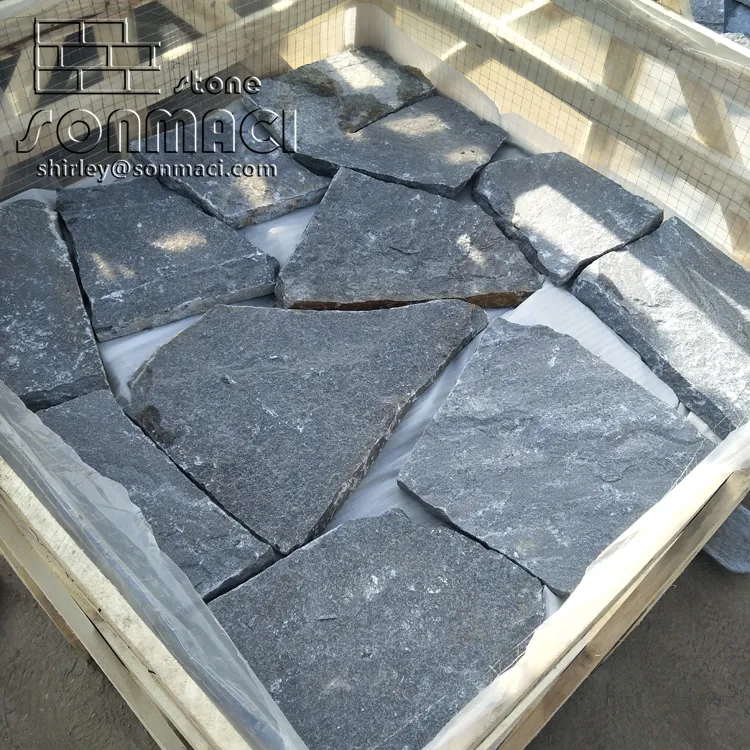
Ensuring Trust: FAQs, Logistics, and Unwavering Support
Building trust with B2B clients in the architectural and construction sectors goes beyond product quality; it encompasses transparent communication, reliable logistics, and unwavering customer support. Recognizing the intricate planning required for large-scale projects, we provide clear and predictable delivery cycle explanations. For standard orders of irregular stone wall cladding, our typical production lead time is 4-6 weeks, followed by an estimated shipping time of 2-4 weeks, depending on the destination and volume. Expedited options are available for urgent projects, managed through a dedicated logistics team that ensures timely and secure global delivery, coordinating all necessary documentation and customs clearance. Our robust packaging protocols, including custom crating and protective wrapping, are designed to prevent damage during transit, safeguarding the integrity of each unique irregular stone piece. We understand that effective logistical management is critical to maintaining project timelines and budget adherence, and our proven track record in global distribution attests to our reliability and commitment to operational excellence. This comprehensive logistical framework provides clients with the confidence that their specified materials will arrive precisely when and where they are needed, minimizing costly delays and ensuring smooth project execution.
Our commitment to client satisfaction extends significantly into post-purchase support and comprehensive warranty provisions. All Sonmaci Stone irregular stone cladding products are backed by a robust 25-year limited warranty against material defects and premature degradation under normal use, demonstrating our confidence in the longevity and quality of our manufacturing processes. This warranty underscores our dedication to providing long-term value and peace of mind to our clients. For any inquiries or technical assistance, our dedicated customer support team is available during business hours via phone, email, and a dedicated online portal, ensuring prompt and expert responses. We also offer on-site technical consultations for complex installations or specific project challenges, providing direct engineering support to resolve issues efficiently. Our comprehensive FAQ module, accessible through our website, addresses common questions regarding installation, maintenance, cleaning, and performance characteristics of irregular stone veneer, empowering clients with immediate access to crucial information. This multi-channel support system, combined with our strong warranty policy and commitment to clear communication, cements our reputation as a trusted partner, ensuring that clients receive not just a premium product but also comprehensive, reliable service from concept to completion and beyond.
Frequently Asked Questions (FAQs)
-
Q: What makes irregular stone wall cladding a sustainable choice?
A: Its sustainability stems from natural material sourcing, exceptional longevity reducing replacement cycles, and high thermal mass which enhances building energy efficiency by regulating indoor temperatures, thereby lowering heating and cooling demands. Minimal processing for irregular shapes also often means lower embodied energy compared to highly refined materials.
-
Q: Can irregular stone cladding be installed in cold climates with freeze-thaw cycles?
A: Absolutely. High-quality irregular stone cladding undergoes rigorous freeze-thaw durability testing (e.g., ASTM C666), ensuring minimal water absorption and structural integrity even after numerous freeze-thaw cycles. Proper installation, including drainage and ventilation, is also critical to its performance in such conditions.
-
Q: What is the typical lead time for a custom order of Irregular Shape External Stone Wall Cladding?
A: Custom orders typically require 6-8 weeks for production, depending on the complexity of the design and material availability, followed by standard shipping times. We recommend engaging our team early in the design phase to ensure seamless project scheduling.
-
Q: How does irregular stone veneer compare to full-bed stone in terms of installation and cost?
A: Irregular stone veneer is significantly lighter and thinner than full-bed stone, reducing structural load requirements and transportation costs. Its lighter weight and often panelized systems lead to faster, more economical installation, typically requiring less specialized masonry skills and significantly reducing on-site labor time compared to traditional full-bed stone installations.
Conclusion & Authoritative References
In conclusion, irregular stone wall cladding represents a pinnacle of architectural material innovation, marrying timeless natural aesthetics with cutting-edge engineering and sustainable performance. Its ability to deliver distinctive visual narratives, coupled with superior durability, energy efficiency, and low maintenance, positions it as an indispensable solution for modern B2B construction projects. From its meticulous manufacturing process, adhering to stringent ISO and ANSI standards, to its versatile applications across diverse industries, this material offers a compelling value proposition. The commitment of leading manufacturers to custom solutions, transparent technical specifications, reliable logistics, and comprehensive client support further solidifies its standing as a trusted investment for architects, developers, and contractors seeking long-term value and uncompromising quality. As the global construction industry continues its trajectory towards more sustainable and aesthetically enriched infrastructure, the adoption of advanced irregular stone cladding solutions will undoubtedly play a pivotal role in shaping the future of resilient and inspiring built environments.
Authoritative References:
- American Society for Testing and Materials (ASTM) International Standards.
- International Organization for Standardization (ISO) 9001:2015 Quality Management Systems.
- Building Stone Institute (BSI) Technical Bulletins on Natural Stone Applications.
- Construction Specifications Institute (CSI) MasterFormat Section 04 40 00 - Stone Assemblies.
- U.S. Green Building Council (USGBC) - LEED (Leadership in Energy and Environmental Design) Certification Guides.

